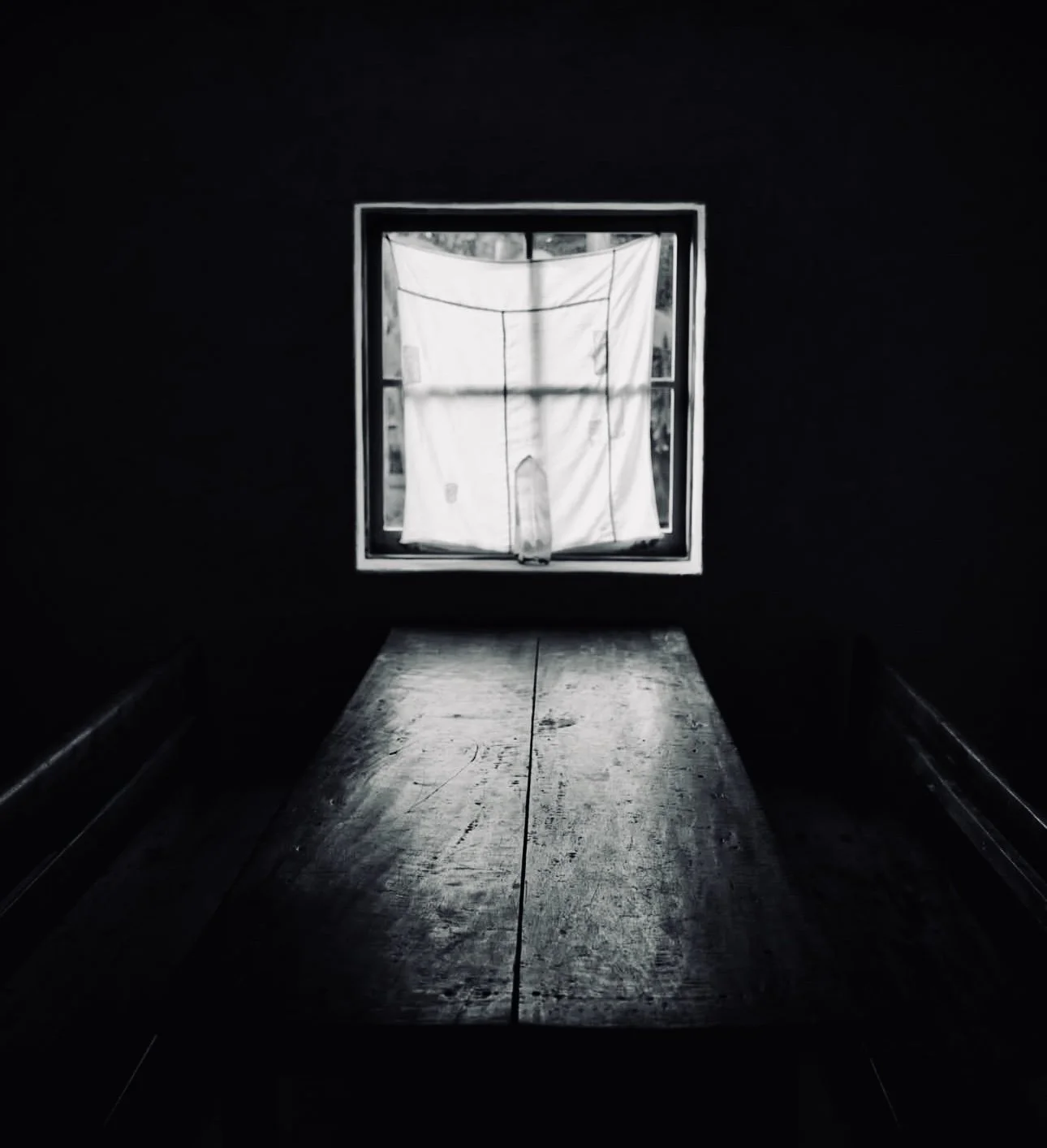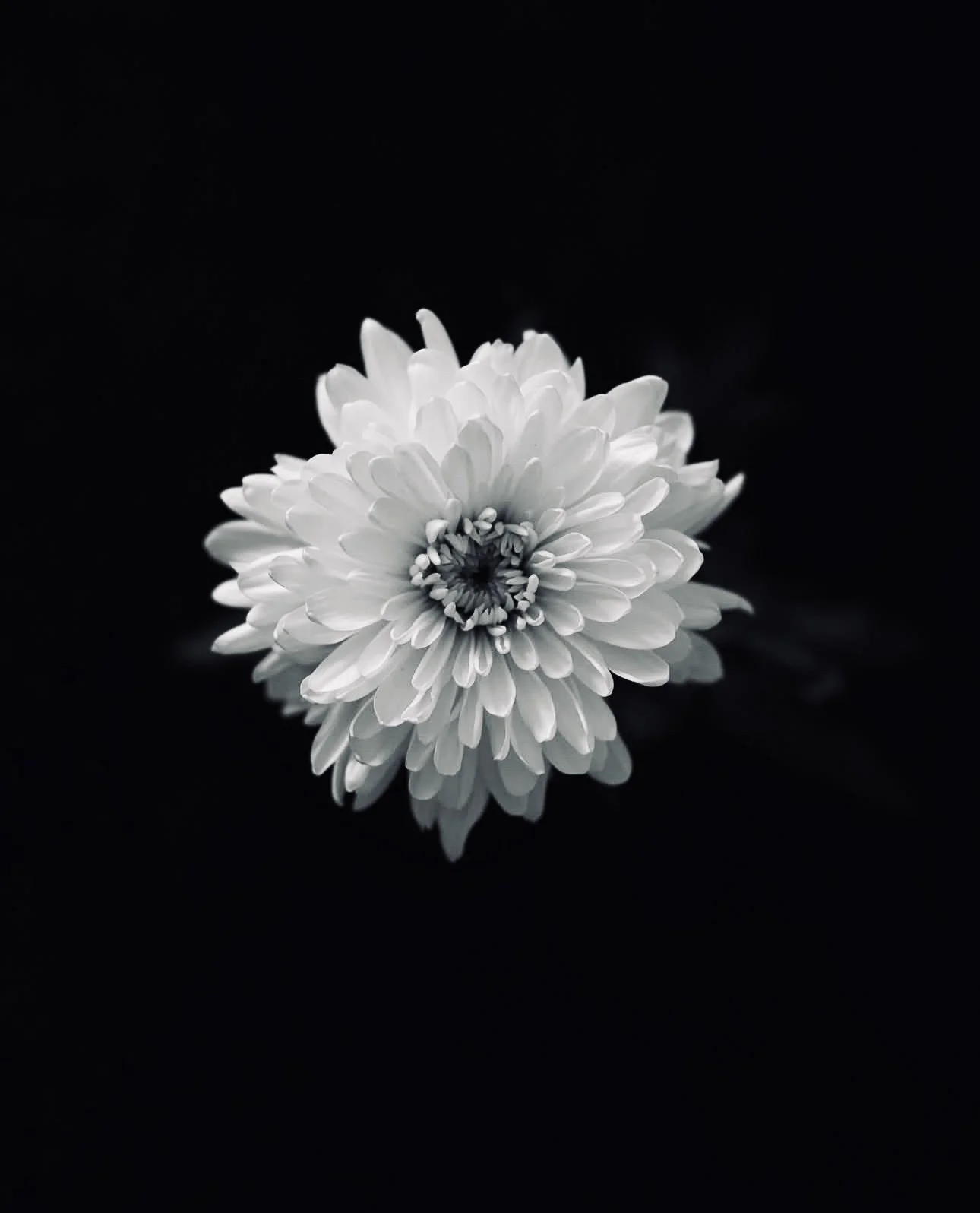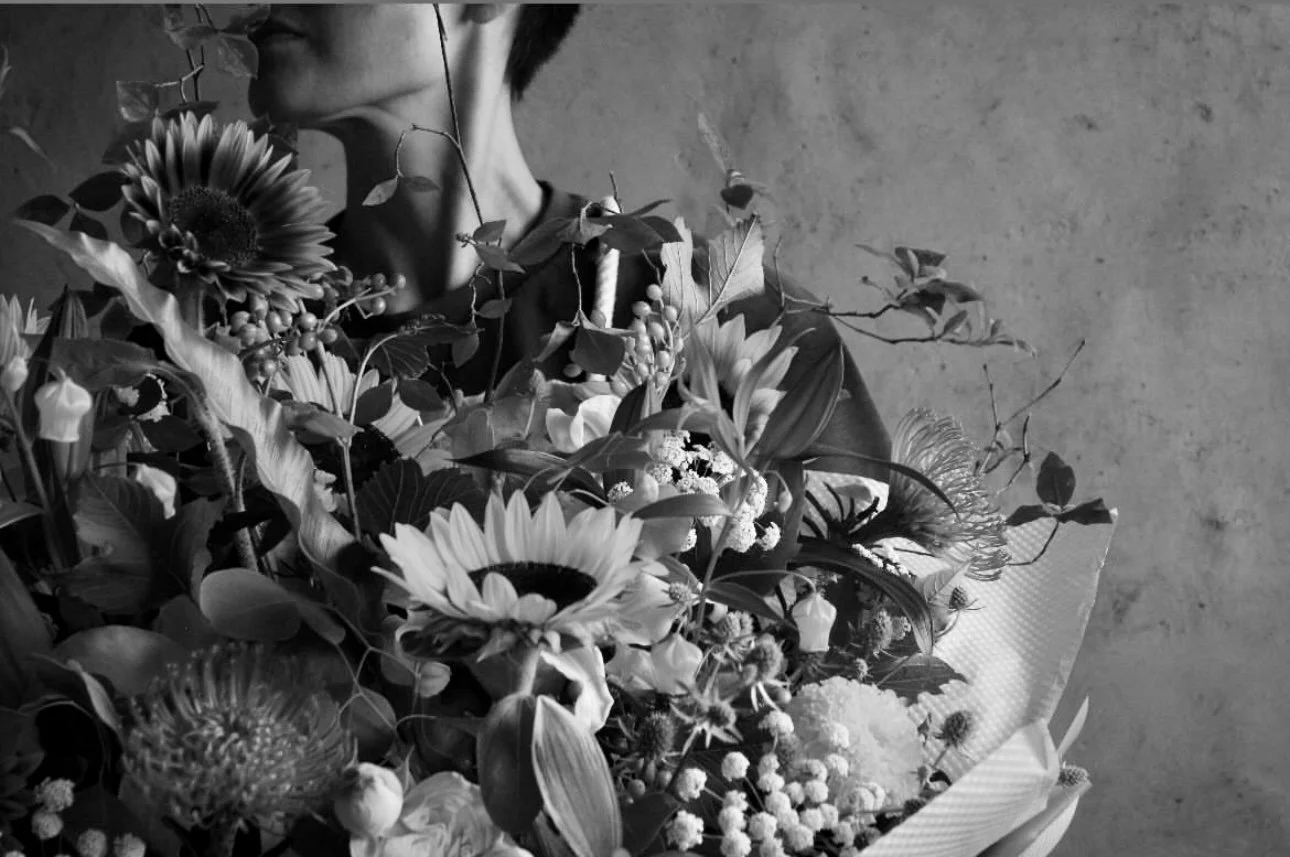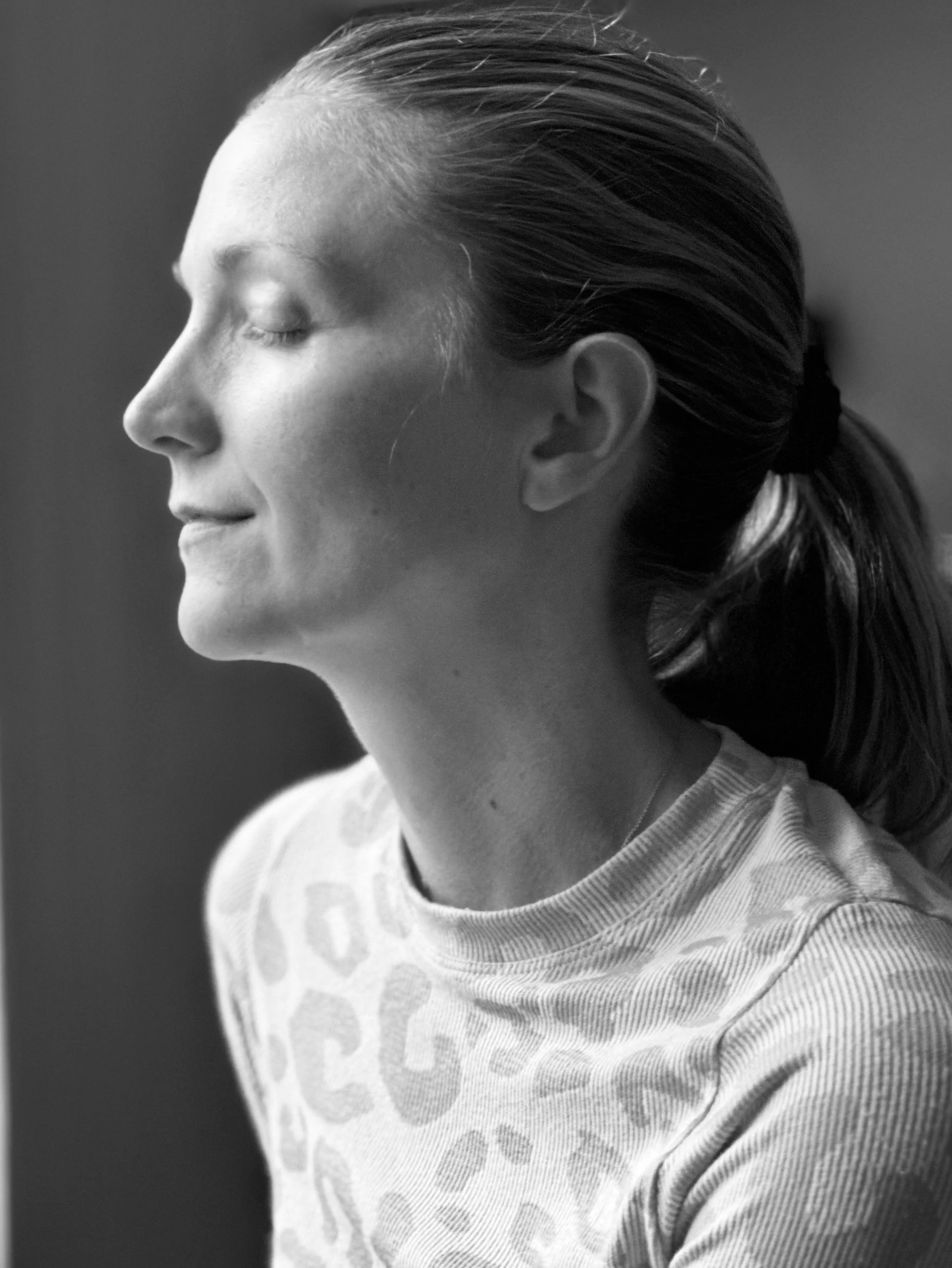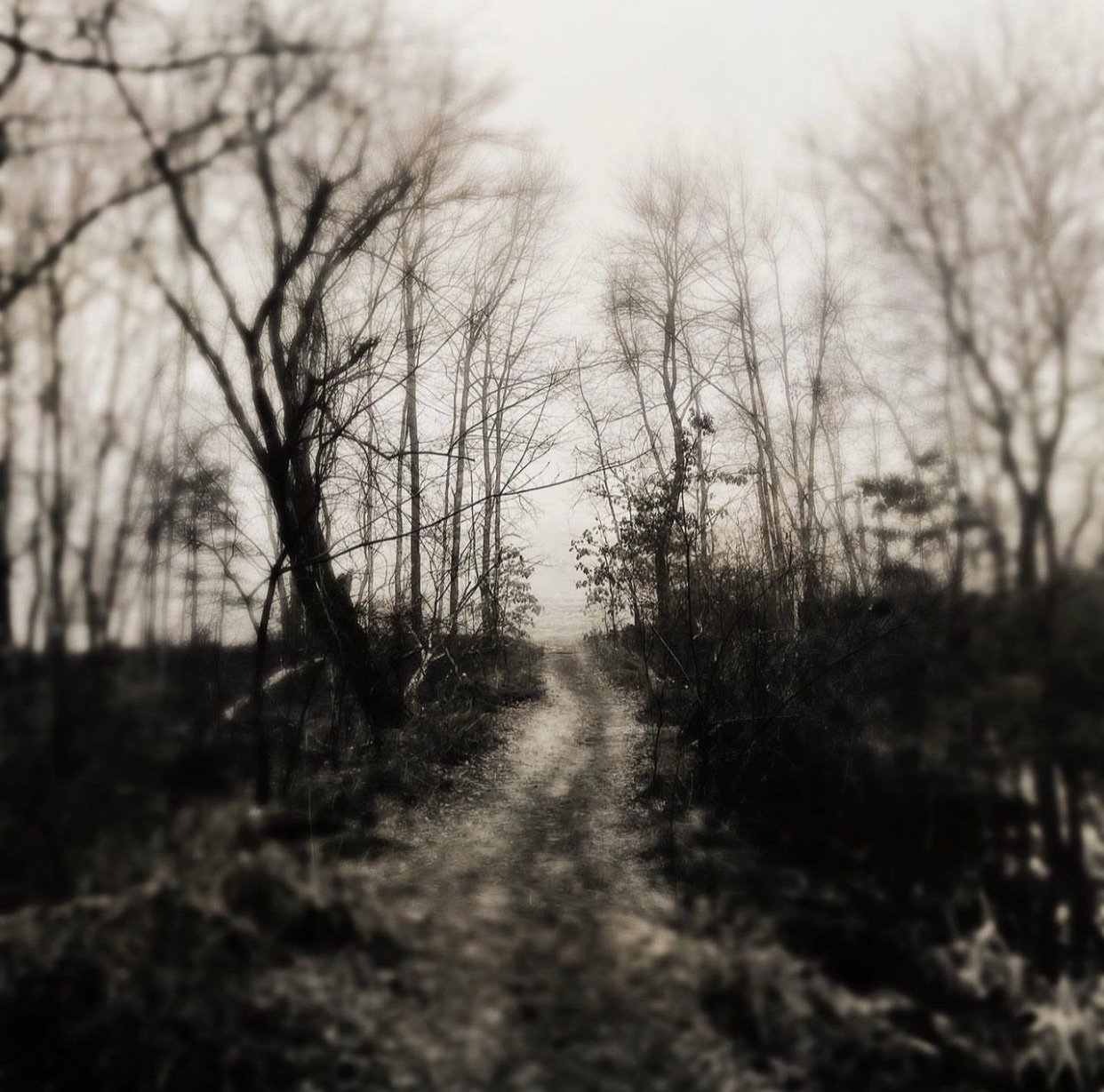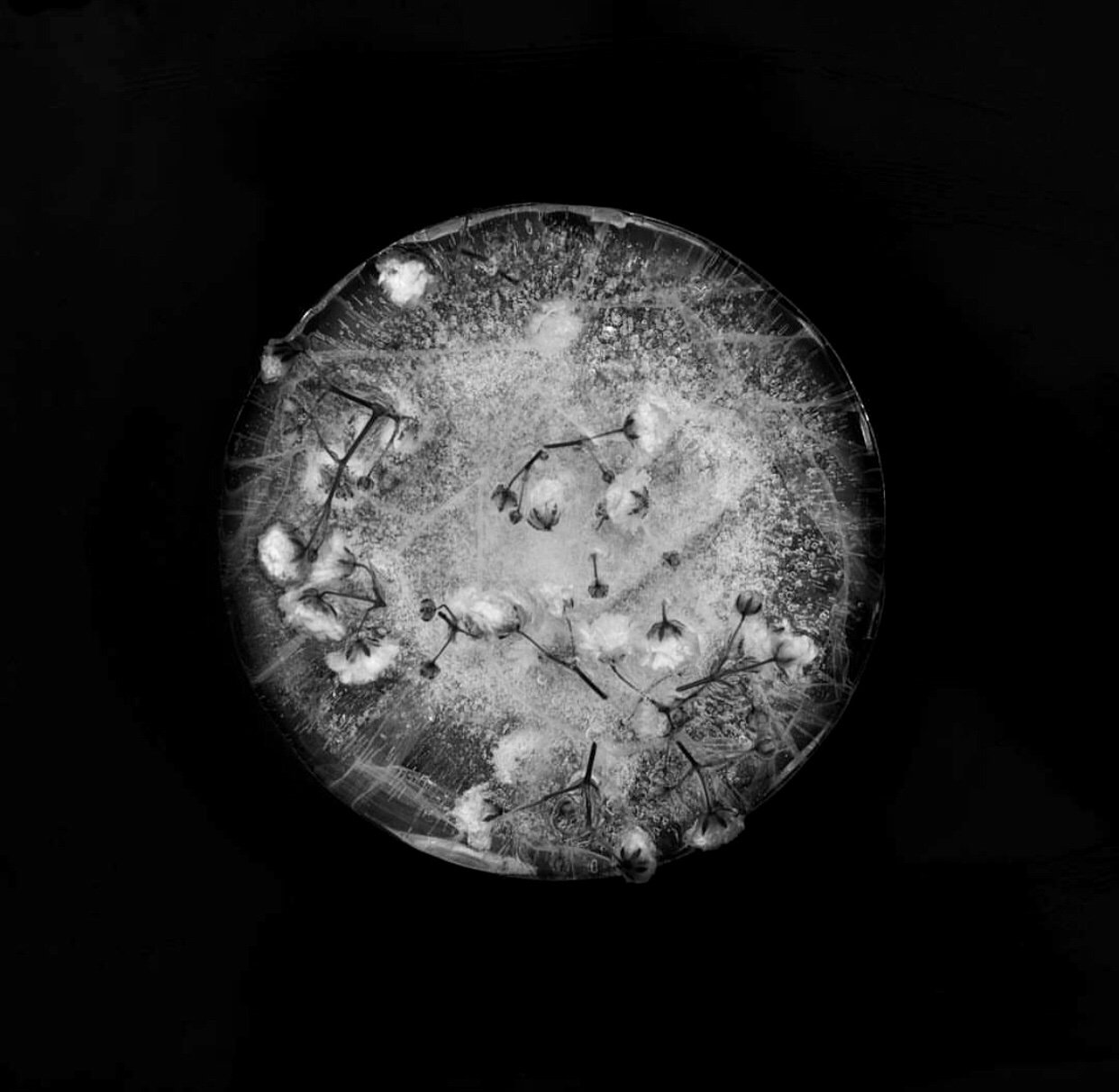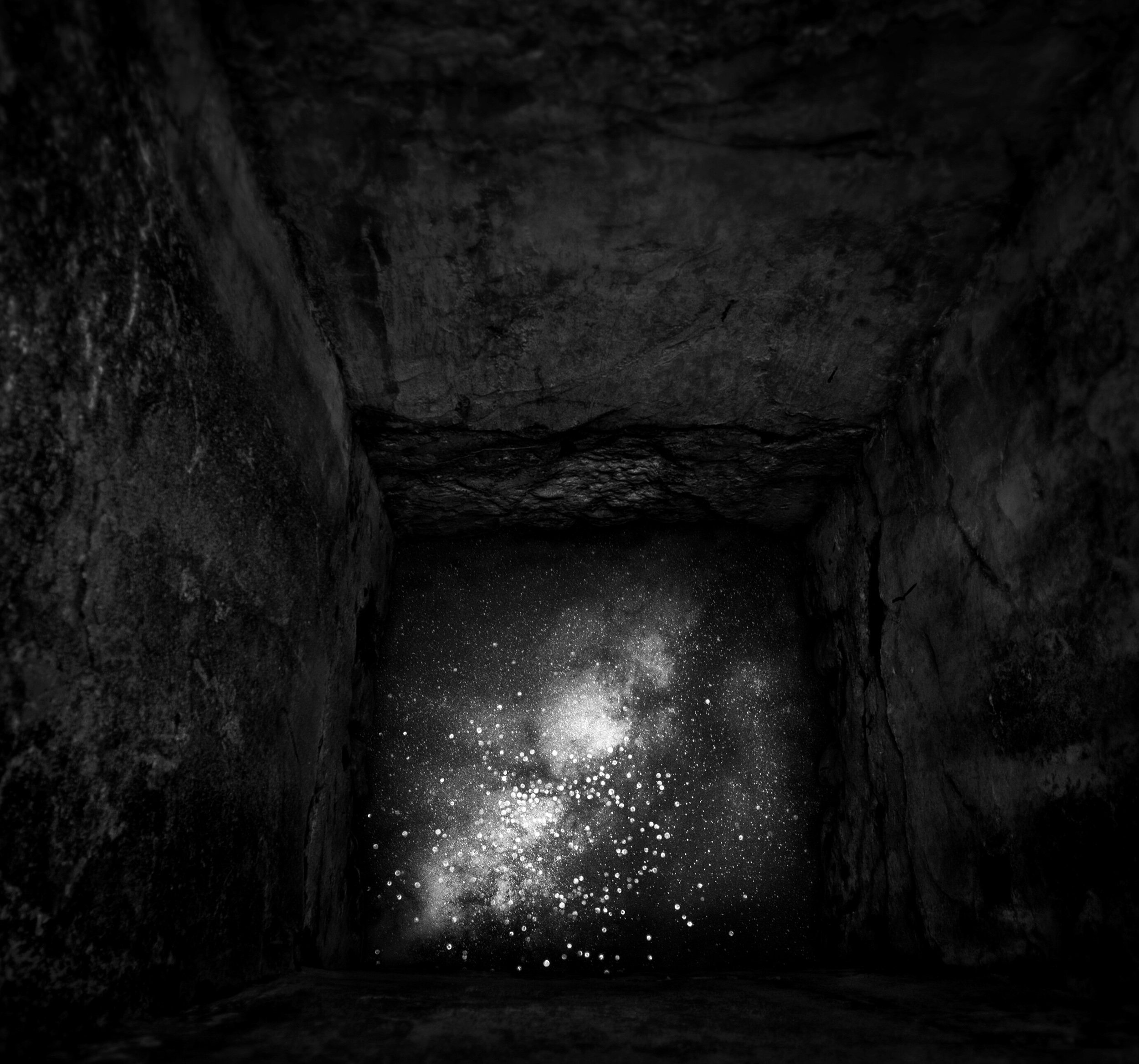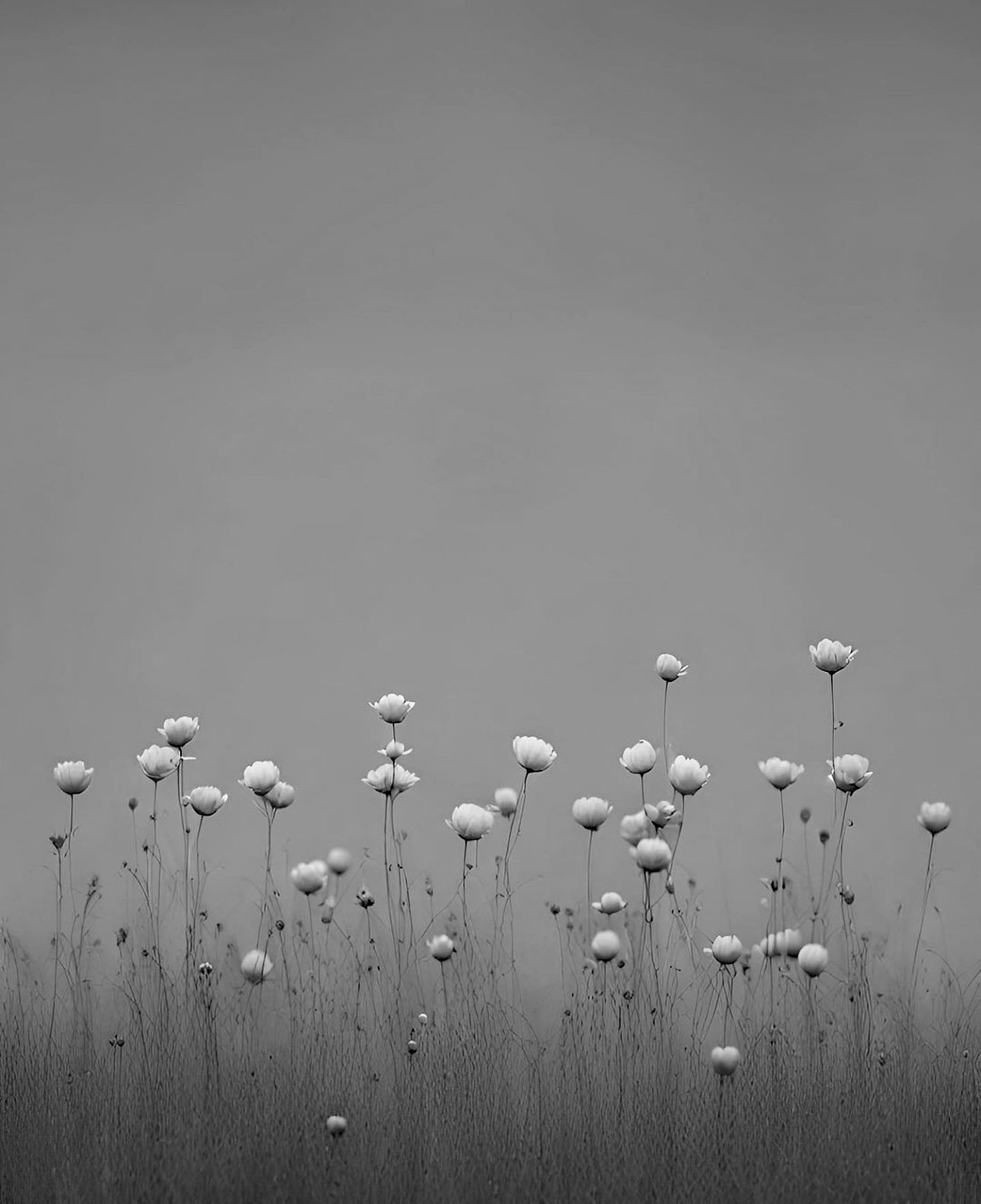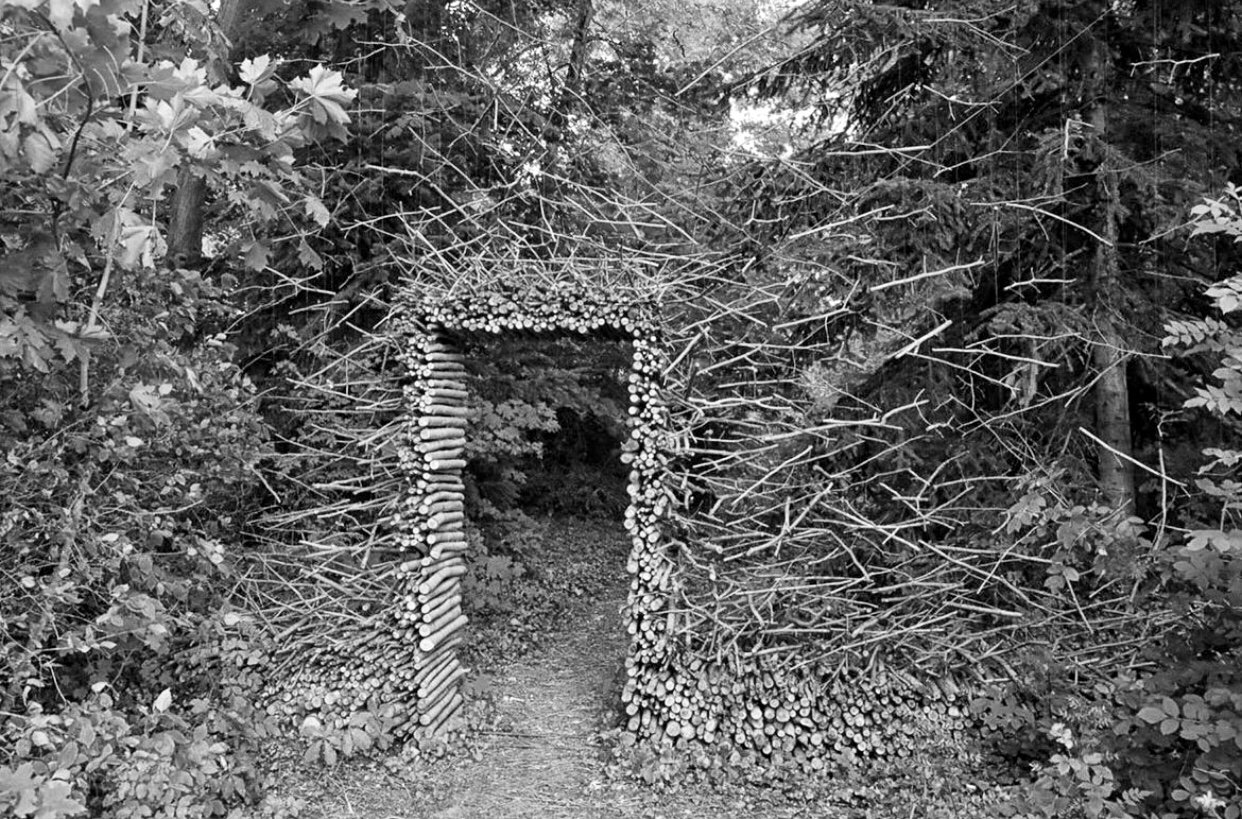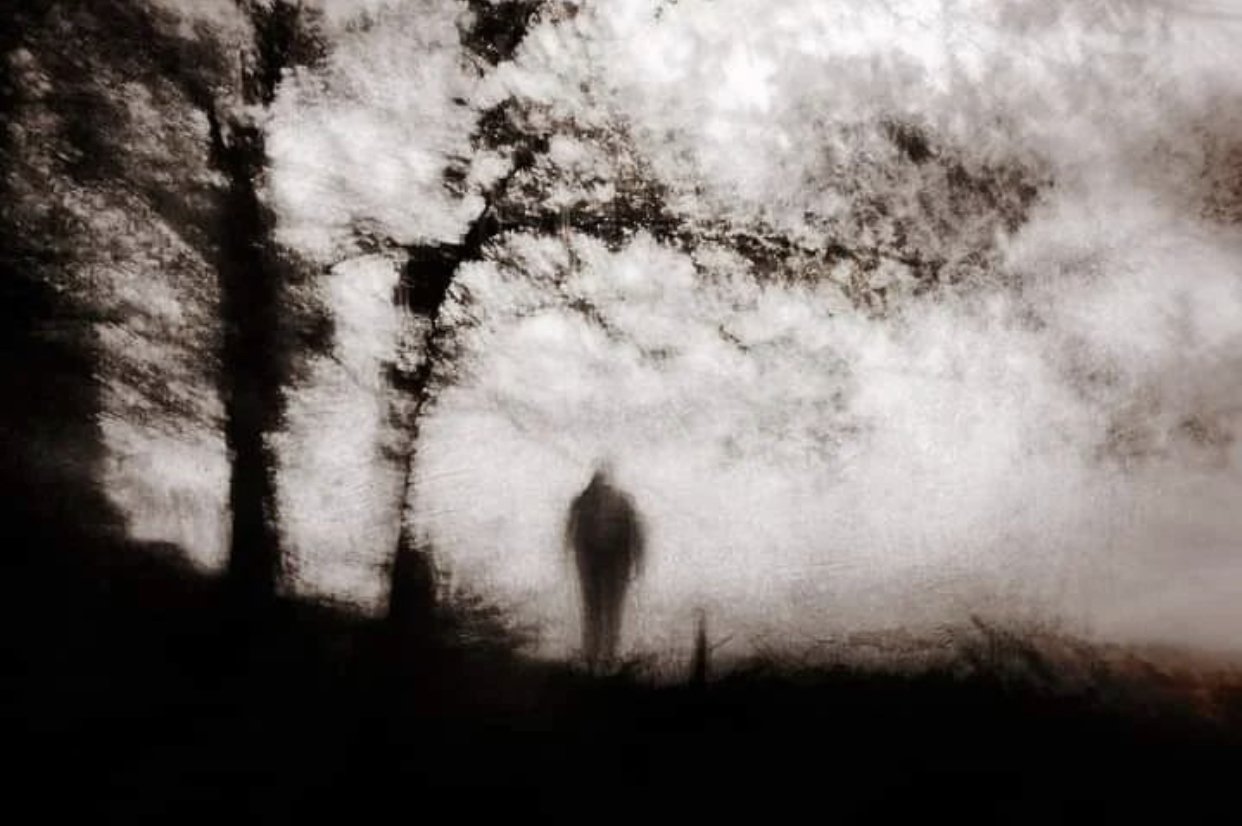“In this deep quiet the past does not disappear.
It softens its grip.
It lets you choose again.’
A single quiet thought can instantly transform the body’s climate. In that moment of stillness, the mind’s restless tide finds a shore and the deeper currents of our lived experience, our perceptions, our breath and gestures, reclaim their innate stable rhythm.
Distress and Trauma, as we now understand them, imprint themselves within the body’s tissues and nervous system, leaving echoes that persist long after life has moved on. Yet each gentle return into silence invites a readjustment: the nervous system, sensing safety in the stillness, begins to unwrap its long‑held defences. Muscles soften. The heart slows. The breath deepens. In this way, a quiet thought becomes a tender intervention, a subtle renegotiation of embodied memory.
Vedic wisdom reminds us that thought and life share a deeper, common source: a vast, silent field beneath all things. When our mind settles into that field, gently, without striving, the body is also invited to re inhabit its original grace and equanimity. Healing unfolds by the absence of fear. The body, freed from the compulsion to guard against the old wounds, remembers its capacity for wholeness.
Rather than an escape from experience, it is an embrace of presence, the power in awareness that transforms resistance into renewal. Each pause in thought becomes a doorway; each moment of inner quiet, a chance to soothe the pathways of pain with tenderness rather than avoidance
Through this simple, daily practice, sitting softly, listening inwardly, we offer our bodies the space to disentangle from past injuries, to re-pattern their reactivity away from arousal and hyper-vigilance, and to rest, restore, and return to an untroubled state.
Here, in the intimate silence of our simplest form of awareness, the body whispers its own score of resilience and returns, at last, to its natural harmony.
‘it is a rare kind of territory, where silence becomes the medicine and memory reenters the body no longer as a burden, but as something that can be held tenderly, and reliably ’

